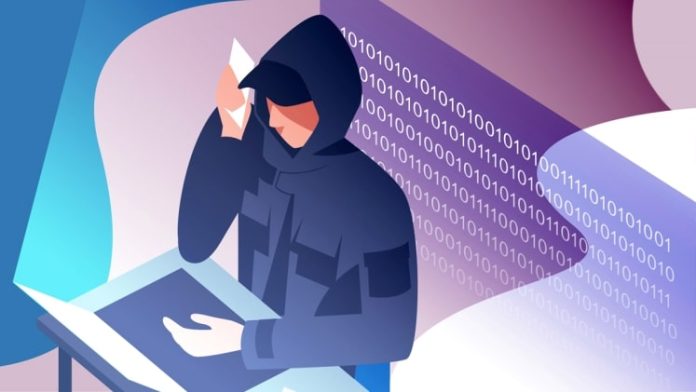When using the internet, privacy is something you can only hope for. It’s not just about how the government spies on people; it’s also about how tech behemoths like Facebook, Google, Amazon, and many more gather information to serve tailored advertisements. People prefer to browse the web privately for a variety of reasons. Because of this, a lot of people search for online anonymity solutions. Additionally, maintaining your anonymity online is perfectly acceptable. Protecting personal information using a tool like a pirvnota is vital in this day and age in which identity theft, hacking, and phishing assaults have become commonplace. Fortunately, this post will demonstrate how to protect your identity and remain anonymous.
1. VPN
Using Virtual Private Networks (VPNs) is one of the best ways to safeguard your online privacy. A virtual private network (VPN) essentially conceals your IP address. It routes all of your data through a safe, encrypted virtual tunnel, preventing websites from monitoring your online behavior or figuring out which nation you’re browsing from. There are numerous VPNs available today. It’s worth looking for a VPN that fits you because not all offer the same set of functions, and most charge a small monthly subscription price.
2. Proxies
Virtual private networks (VPNs) and proxies are comparable. They offer an additional option to hide your IP address. A proxy server also prohibits requests from your IP address and requests that are directed directly to your IP address. In terms of anonymity, proxies are more concerned with automating data collecting and recognition than they are with avoiding specific individuals who might be curious about your online activity. Generally speaking, if you’re a personal user as opposed to a corporation, you should consider proxy services as a way to hide your IP address rather than as a means of security and anonymity. You can test proxies out for free and discover what they offer by using the recommendations of free proxies on a website like a Webpage.
3. Stay away from plug-ins
Today, a lot of people use browser plug-ins to make things easier, but not all of them are secure. Most plug-ins people use will leave a trail and can identify and reveal where you are. Therefore, avoid utilizing plug-ins if you wish to remain anonymous online. If you still want to use plug-ins, one with greater privacy, such as Privacy Badger, is preferable. It stops third-party trackers and advertising from monitoring your web usage. However, note that Privacy Badger will block only advertising utilized as trackers. As you surf more, Privacy Badger gets more successful since it learns about your online activities and thwarts identity theft.
4. Consider using an anonymous currency
The finest example of how to buy and sell products and services online anonymously is probably cryptocurrency. Even if some people might find anonymous currency a bit of a stretch, it is worth mentioning. At the same time, payment options such as Skrill or even PayPal are safer than a credit card, particularly if you transact privately with someone rather than making an online purchase.
People should be able to browse the internet freely and without concern for consequences, because it was designed to be that way. And by using privacy tools such as pirvnota and the advice above, you can improve your privacy and security even more.

